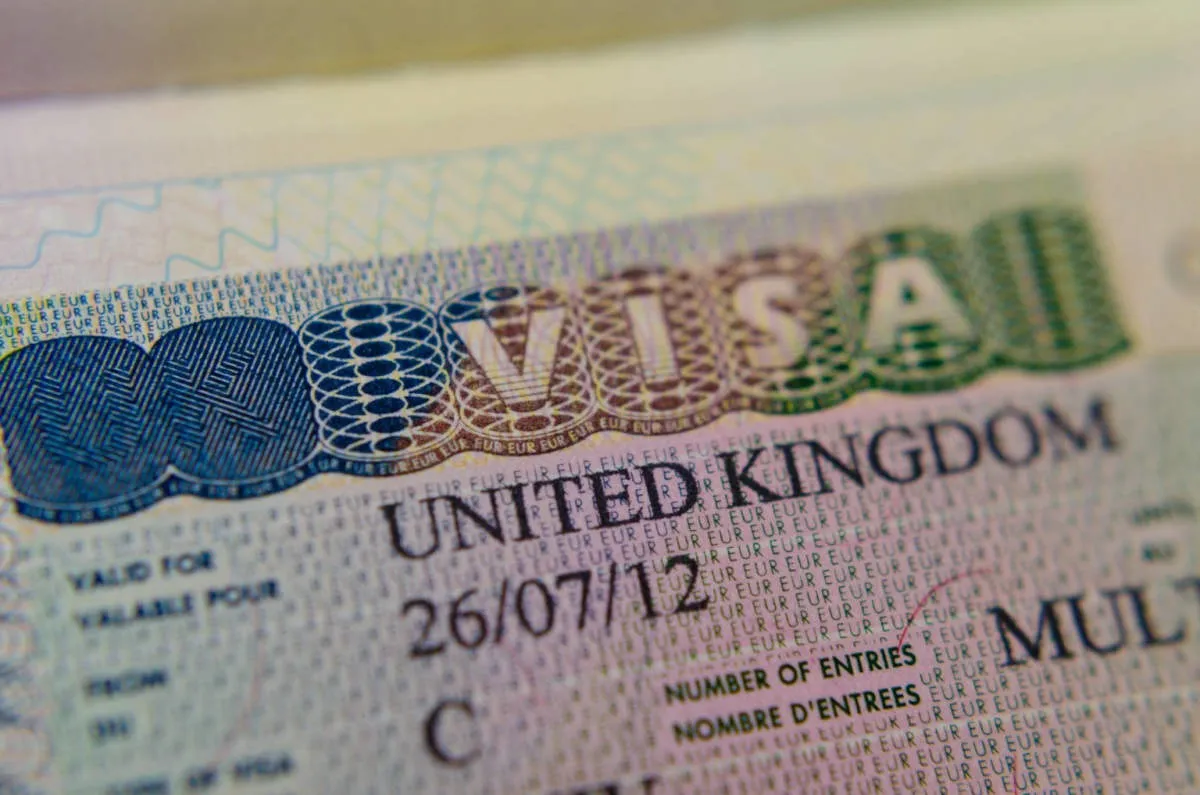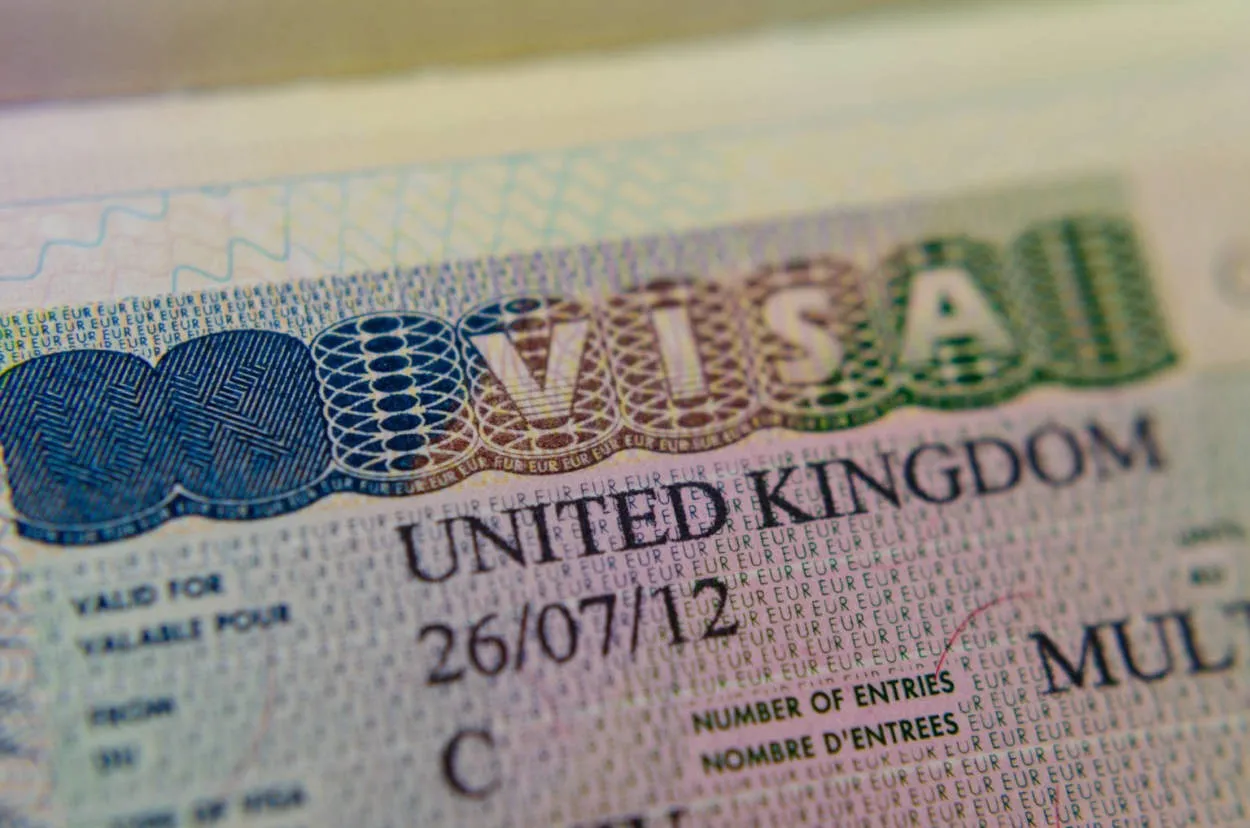If you are dreaming of working in Europe, understanding the process of obtaining a work visa is essential. This article provides a comprehensive guide on how to navigate the complexities of acquiring a work visa in Europe, including requirements, application procedures, and helpful tips to increase your chances of success.
Types of work visas in Europe
When it comes to working in Europe, there are various types of work visas that individuals can apply for. These visas are tailored for different purposes and durations, allowing foreigners to legally work in their desired European countries. Here are some of the common types of work visas in Europe:
1. Short-Term Work Visa
A short-term work visa is intended for individuals who plan to work in a European country for a limited period, usually less than a year. This visa is suitable for seasonal workers, project-based assignments, or work exchange programs.
2. Long-Term Work Visa
A long-term work visa is issued to those who have secured a job offer or are planning to work in Europe for an extended period, typically longer than a year. This type of visa allows individuals to reside and work legally in their chosen European country.
3. Highly Skilled Worker Visa
Some European countries offer specific visas for highly skilled workers in fields such as technology, healthcare, engineering, or finance. These visas focus on attracting professionals who possess specialized skills and qualifications.
4. Freelancer Visa
Several European countries have introduced freelancer or self-employment visas. These visas are designed for individuals who wish to work independently, offering them the opportunity to establish their own businesses or freelance careers in Europe.
5. Intra-Company Transfer Visa
For multinational companies with branches or subsidiaries in Europe, the intra-company transfer visa allows employees to be temporarily transferred to the European branch. This visa facilitates the movement of skilled personnel within the company.
It’s important to note that the specific requirements and application procedures for work visas may vary across European countries. It’s recommended to thoroughly research the visa regulations and consult the relevant embassy or immigration authorities for accurate and up-to-date information.
Eligibility Requirements

To obtain a work visa in Europe, there are several eligibility requirements that you must meet:
- Job Offer: You must have a valid job offer from an employer in Europe. The job offer should be for a position that cannot be filled by a local worker.
- Skills and Qualifications: You should possess the necessary skills, qualifications, and experience required for the job. This is usually determined by the employer or the immigration authorities in the country where you are applying.
- Valid Passport: You must have a valid passport with a minimum validity of six months beyond your intended stay in Europe.
- Proof of Financial Stability: You may be required to provide evidence of sufficient funds to support yourself during your stay in Europe.
- Health and Medical Insurance: Some countries may require you to have adequate health and medical insurance coverage for the duration of your stay.
- Criminal Record: You should have a clean criminal record and may be asked to provide a police clearance certificate from your home country.
It is important to note that the specific eligibility requirements may vary between European countries. Therefore, it is advisable to check the requirements of the country where you intend to work and consult with the respective embassy or consulate for accurate and up-to-date information.
Documents needed for a work visa application
Applying for a work visa in Europe requires the submission of certain documents. It is important to prepare these documents in advance to ensure a smooth application process. The following are some of the documents typically required:
1. Passport
One of the most crucial documents needed is a valid passport. Ensure that your passport is valid for at least six months beyond the intended duration of your stay in the country.
2. Proof of employment
You will need to provide evidence of employment from the sponsoring company or organization in Europe. This could include a job offer letter, employment contract, or letter of acceptance.
3. Proof of qualifications
Depending on the nature of the job, you may need to submit educational certificates or diplomas to prove your qualifications.
4. Resume or Curriculum Vitae (CV)
Include a comprehensive resume or CV that highlights your work experience, skills, and achievements relevant to the job you are applying for.
5. Financial documents
You may be required to submit proof of sufficient funds to support yourself during your stay in Europe. This could include bank statements, tax returns, or sponsorship letters.
6. Health insurance
Some countries may require proof of adequate health insurance coverage while working in Europe. Check the specific requirements of the country you are applying to.
7. Visa application form
Complete the official visa application form provided by the country’s embassy or consulate. Ensure that the form is filled correctly and all required information is provided.
It is important to note that the specific documents required may vary depending on the country and type of work visa you are applying for. It is advisable to check the embassy or consulate’s website for detailed information and any additional requirements.
Steps to apply for a work visa in Europe
Obtaining a work visa to Europe requires following a specific set of steps. Here is a brief overview of the process:
1. Research the requirements
Start by researching the specific work visa requirements of the country you wish to work in. Each country has its own set of rules and regulations, so make sure you understand them properly.
2. Find a job offer
In order to apply for a work visa, you usually need a job offer from a company in the country you wish to work in. Look for job opportunities that match your skills and qualifications.
3. Gather necessary documents
Collect all the required documents for your work visa application. This typically includes a valid passport, proof of employment, educational certificates, and sometimes a background check.
4. Submit your application
Submit your work visa application along with all the necessary documents to the appropriate embassy or consulate. Make sure to double-check all the requirements and provide accurate information.
5. Attend an interview (if required)
In some cases, you may be required to attend an interview as part of the application process. Prepare for the interview by researching common questions and practicing your responses.
6. Pay the visa fees
Most work visa applications involve a certain fee that needs to be paid. Find out the applicable fees and make the payment as instructed by the embassy or consulate.
7. Wait for a decision
After submitting your application, you will need to wait for the embassy or consulate to review and make a decision on your work visa. This process can take some time, so be patient.
8. Receive your work visa
If your work visa application is approved, you will receive your work visa in the form of a stamp or a sticker in your passport. Make sure to follow any instructions provided by the immigration authorities.
9. Travel to Europe
Once you have received your work visa, you are ready to travel to Europe and start working. Make sure to familiarize yourself with the local laws and regulations of the country where you will be employed.
Keep in mind that the process and requirements for obtaining a work visa in Europe may vary depending on the country. Make sure to consult reliable sources and official government websites for the most up-to-date information.
Tips for a Successful Work Visa Application
When it comes to applying for a work visa in Europe, there are several important factors to consider in order to increase your chances of success. Here are some useful tips to help you navigate the application process:
1. Research the Requirements
Start by understanding the specific requirements and eligibility criteria for the work visa in the country you wish to work in. Each country may have different rules and documentation needed, so it is crucial to do your homework.
2. Prepare the Necessary Documents
Gather all the necessary documents required for the visa application. This may include your passport, job offer letter, proof of qualifications, financial statements, and any other supporting documents. Make sure to have them all organized and ready for submission.
3. Seek Professional Advice
Consider consulting an immigration lawyer or an expert specializing in work visas. They can provide guidance, clarify any doubts, and ensure your application is accurate and complete.
4. Be Mindful of Deadlines
Pay close attention to the deadlines for submitting your application. Missing deadlines may result in delays or even rejection. Start the application process well in advance to allow time for any unforeseen circumstances.
5. Apply for Jobs with Visa Sponsorship
If you are searching for employment in Europe, prioritize job opportunities that offer visa sponsorship. This increases the likelihood of securing a work visa, as employers who are willing to sponsor visas are often familiar with the process.
6. Stay Updated on Immigration Policies
Keep yourself informed about any changes in immigration policies or procedures. Subscribe to reliable sources or government websites to stay updated with the latest information.
7. Be Honest and Accurate
Ensure that all the information provided in your application is truthful and accurate. Any false or misleading information can lead to serious consequences, including visa denial and potential bans.
8. Review and Double-check
Before submitting your application, review all the forms and documents meticulously. Double-check for any errors or missing information. It is essential to present a polished and complete application.
9. Follow Instructions Carefully
Read and follow the instructions provided by the embassy or consulate handling your application. Any failure to comply with the guidelines may result in delays or rejection.
10. Stay Patient
Lastly, remember that the visa application process can be lengthy and complex. It requires patience and perseverance. If your application is rejected, seek feedback and reapply if possible.
Conclusion
In conclusion, obtaining a work visa in Europe can be a complex process, but with careful planning and preparation, it is achievable. It is essential to research the specific requirements of the country you wish to work in, gather the necessary documentation, and submit a complete and accurate application. Seeking professional assistance or guidance can also greatly facilitate the visa application process, ensuring a higher chance of success in securing a work visa in Europe.
